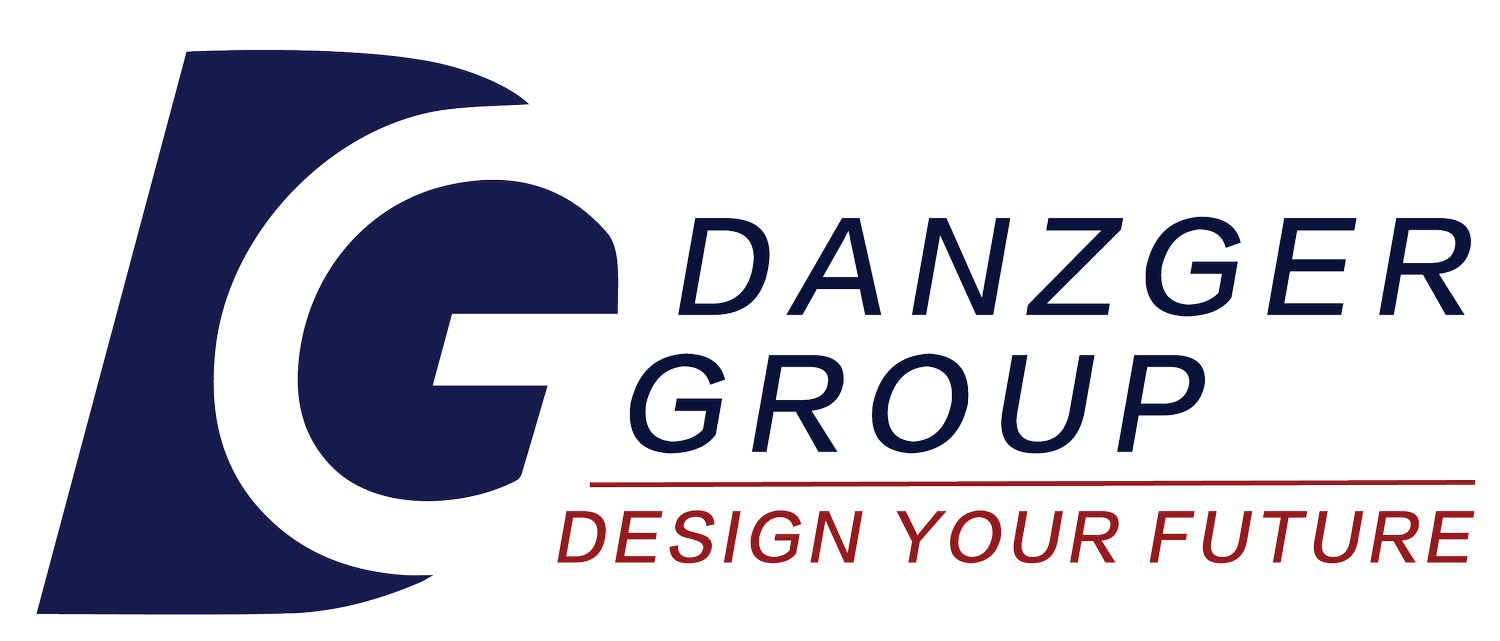Powerful Interview Storytelling
Two Minute Read
I’ve too often seen candidates I’m interviewing miss golden opportunities. They failed to weave in some effective stories.
Storytelling makes you a far more interesting and attractive candidate.
An interview often starts with an open-ended question like “Tell me about yourself.” You run through your life’s timeline. Where you went to school, what you studied, the internships or full-time jobs you’ve had, and what were your roles and responsibilities.
It’s enough to put me to sleep.
You can talk about what a hard worker, great communicator, and team player you are until you are blue in the face. What you really need to do to demonstrate your worth is to tell a good story. Share one that walks someone through a situation in which you’ve shone.
There’s an acronym for remembering the story format: STAR.
Situation - with what challenge were you faced?
Tasks - the tasks to effectively address that challenge
Actions - what steps you took to make things happen. For example, the people you mobilized, the information you collected, and the buy-in you needed to get.
Results - what was the good outcome of this experience? What did it mean to your company and its clients?
An example:
Situation - “I had a group project in a finance class where we had to prepare a business plan for a local startup.”
Tasks - “We needed to produce a summary of the company’s mission, an assessment of product attractiveness, some market size statistics, a marketing plan, a narrative about why this was the right team to solve this problem, and financial projections. Then we needed to present this to the company.”
Actions - “We divvied up the tasks among the team members. Teammates met with people from the company and interviewed them about their respective areas of responsibility. Teammates gathered outside market data. Our team worked together to integrate the components into a unified presentation deck and met with the management of the startup to present it to them.”
Result - “The company was well-equipped with materials with which it could approach potential investors.”
A few things to know about storytelling:
Not every story has to be flawless. In fact, a story that contains a bump in the road is effective in answering the common question, “What’s your biggest weakness?” If you can tell a story where things didn’t go totally smoothly, but you can demonstrate that it was a learning experience, it will reflect well on your learning skills and adaptability.
Stories are also good for answering behavioral questions. You may be asked, “How would you deal with a difficult co-worker?” If you can recall a situation of how you handled such a situation, that’s even better than answering hypothetically.
Have a few stories in your back pocket. Having a variety of stories prepared lets you choose one that best addresses the role or situation you are discussing.
Drawing people into a good story is a great way to connect and impress. Become a better storyteller and ace your interviews.
